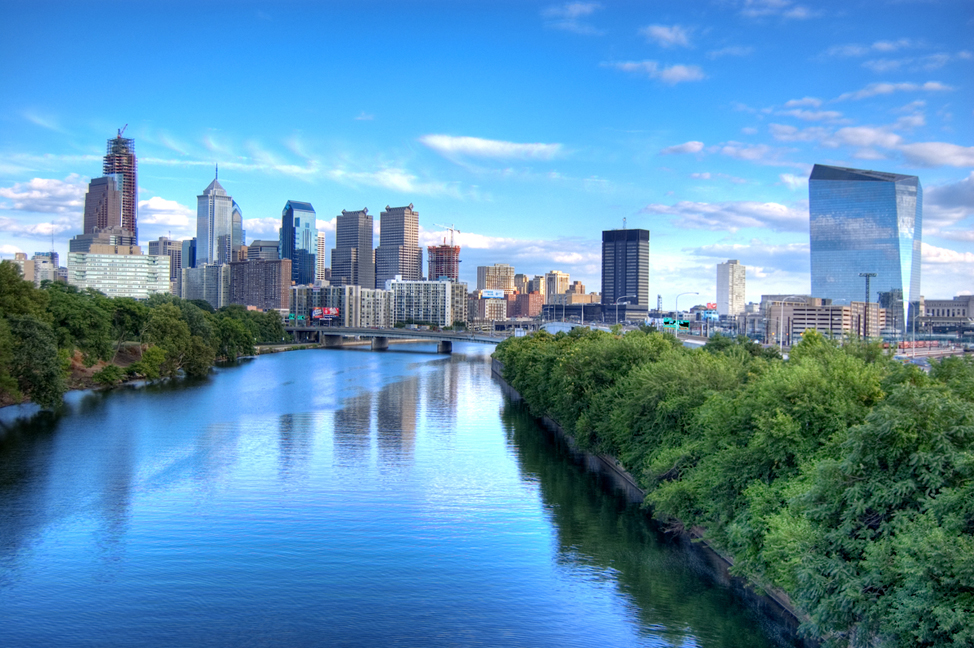Coffee Break
Member
- Joined
- Feb 13, 2022
- Member Type
- Student or Learner
- Native Language
- Korean
- Home Country
- South Korea
- Current Location
- South Korea
I encountered the expression "Academy 2", but am struggling to understand it. Could you please let me know what it means? Here is the excerpt:
There was her number. My heart instantly sank, for the task seemed beyond me. What else were you planning to do with me but call? asked my phone, now that I held it in my hand. I imagined the sharp sound of her ten numerals chiming away like metal spikes hammered into splintering rock, followed by the grumbling, minatory drumroll of the ringing itself. Academy 2—fancy people still using Academy as a prefix, I’d said to her, to tease her or imply there was something willfully dated and archaic, even a touch precious in the way she’d given me her phone number. Now it was her number’s turn to make fun of me, like a tiny reptile that looked totally docile in the pet store when the salesman made you rub its tummy with the tip of your finger but that now bites into your fingernail and then tears it out. She justified giving out her telephone number that way, because, she said, this was how her mother would say it and how, to very few people whom she felt comfortable with, she continued to say it—with the implication that you ranked among those who instantly understood that her Old World and your Old World shared a lineage in common, though not necessarily on the same branch, because what was defunct and obsolete in you was retro-swanky-cutting-edge in her, and, despite great-grandparents in common and a language in common, we might not have belonged on the same tree at all. So there! Academy 2 for the happy few.
- André Aciman, Eight White Nights, Second Night
This is a novel published in the United States of America in 2010. This novel is narrated by the nameless male protagonist. The protagonist meets Clara at a Christmas party in Manhattan. Now, the protagonist is trying to call Clara.
I tried to search the meaning of this expression, but couldn't find anything, so I need your help.
There was her number. My heart instantly sank, for the task seemed beyond me. What else were you planning to do with me but call? asked my phone, now that I held it in my hand. I imagined the sharp sound of her ten numerals chiming away like metal spikes hammered into splintering rock, followed by the grumbling, minatory drumroll of the ringing itself. Academy 2—fancy people still using Academy as a prefix, I’d said to her, to tease her or imply there was something willfully dated and archaic, even a touch precious in the way she’d given me her phone number. Now it was her number’s turn to make fun of me, like a tiny reptile that looked totally docile in the pet store when the salesman made you rub its tummy with the tip of your finger but that now bites into your fingernail and then tears it out. She justified giving out her telephone number that way, because, she said, this was how her mother would say it and how, to very few people whom she felt comfortable with, she continued to say it—with the implication that you ranked among those who instantly understood that her Old World and your Old World shared a lineage in common, though not necessarily on the same branch, because what was defunct and obsolete in you was retro-swanky-cutting-edge in her, and, despite great-grandparents in common and a language in common, we might not have belonged on the same tree at all. So there! Academy 2 for the happy few.
- André Aciman, Eight White Nights, Second Night
This is a novel published in the United States of America in 2010. This novel is narrated by the nameless male protagonist. The protagonist meets Clara at a Christmas party in Manhattan. Now, the protagonist is trying to call Clara.
I tried to search the meaning of this expression, but couldn't find anything, so I need your help.


